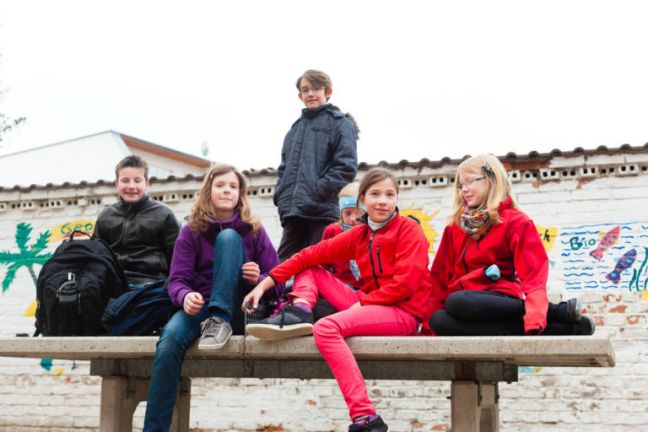Coronavirus and children: how to combat anxiety
- Published in Soualiga Newsday Latest News
- font size decrease font size increase font size
SINT MAARTEN/THE NETHERLANDS – With current concerns about the Coronavirus, children in particular may be experiencing anxiety. Here are some tips to help keep them calm from the experts at the British School of the Netherlands.
Keep conversations open
Listen carefully to your child if they are expressing concerns and show understanding. Their concerns might not seem important from an adult perspective, but they could be having a big impact on them.
Give them the time and space they need to ask plenty of questions.
Ask questions
Start the conversation yourself if your child seems anxious but is struggling to talk about it. Ask open questions like: ‘Is there anything you are worried about?’ ‘You seem worried.
Is there anything you’d like to talk about?’
Stay calm
Speak to them about it in a calm and reassuring way. Try to discuss it with them in a lighthearted way. If you are concerned yourselves, please don’t discuss it in front of your children.
Explain the facts
In an age-appropriate way, explain the key facts about the virus, that you don’t know all the answers but that experts are making decisions to keep everyone safe.
Avoid over-exposure to the news
Even if your child seems to be distracted, they will listen to news on the radio or television if it is on in the background. This could heighten their sense of panic.
Avoid younger children listening to the news altogether. Older children could watch Dutch children’s television programme Jeugdjournal or the BBC’s Newsround coverage.
Focus on what they can control
Explain that the virus is spread through coughing and sneezing and the most important thing they can do is wash their hands regularly, cough or sneeze into their elbow and throw tissues away.
Distract your child
Once you have had the conversation, distract your child with an enjoyable activity. Focusing on it for too long could heighten their anxiety.
Ensure you are informed
Make sure you are up-to-date with official advice from the school and the local authorities so that you can respond and prepare your child in a calm way.
Suggestions and strategies:
Routine: Try to maintain some kind of routine in your day. If your child is old enough to understand, explain that routine at the start of the day. This can be calming and reassuring in times of uncertainty.
Balance: Try to achieve a balance of the following: reading and homework, fresh air and exercise, screen-time, family-time and time alone and moments for creativity or relaxation (without screens).
Bedtime: Calm, bedtime routines will help your child if they are having difficulties sleeping (this is normal with a change of routines and if they are worried). Perhaps a shower or a bath, calming music and time to read would be beneficial. Avoid screen-time an hour before going to bed.
Fostering positive emotions: As our brains are automatically wired to think negatively, research has shown that fostering positive emotions is helpful for emotional wellbeing. Your child could write three things they are grateful for in a Gratitude Journal every day; or do a daily act of kindness for others.
Calm Corner / Calm Box: With your child’s help, create a Calm Corner or Calm Box. Allow your child to choose what helps them to relax. They might include a soft toy, a favourite blanket, photographs that bring back positive memories, calming music with headphones or a favourite book.
(DutchNews)


